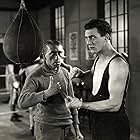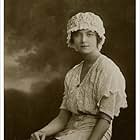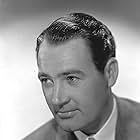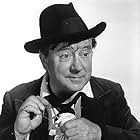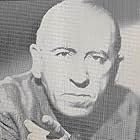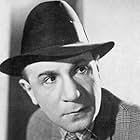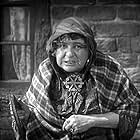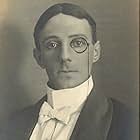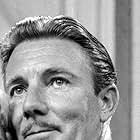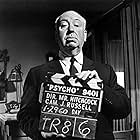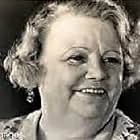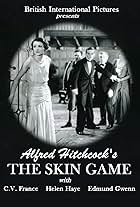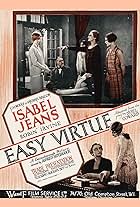Two boxers compete for the love of a woman.Two boxers compete for the love of a woman.Two boxers compete for the love of a woman.
Lillian Hall-Davis
- The Girl
- (as Lilian Hall Davis)
Eugene Corri
- Eugene Corri
- (uncredited)
Charles Farrell
- Second
- (uncredited)
Clare Greet
- Fortune Teller
- (uncredited)
Lawrence Hanray
- Clerrgyman in Black Cassock
- (uncredited)
Tom Helmore
- Spectator
- (uncredited)
Alfred Hitchcock
- Man-Dipping Attraction Worker
- (uncredited)
Minnie Rayner
- Boxing Contestant's Wife
- (uncredited)
Brandy Walker
- Spectator
- (uncredited)
Billy Wells
- Boxer
- (uncredited)
- Director
- Writers
- All cast & crew
- Production, box office & more at IMDbPro
Storyline
Did you know
- TriviaAccording to the dialogue card at 1:19:06, the big fight between Jack Saunders and Bob Corby was refereed by Eugene Corri, who entered the ring wearing a tux. Corri made boxing history in December 1907 by being the first referee to referee inside the ring during a fight.
- GoofsDuring the first boxing scene, when the assistant is helping the sailor put on his coat, the coat is on nearly all the way; then, in the next shot, it is shown being put back on again.
- Quotes
The Promoter: If you win this next fight with the nigger, you'll be in the running for the championship.
- ConnectionsFeatured in Silent Britain (2006)
Featured review
This early film has its flaws-- a predictable plot and some overlong scenes of dubious relevance-- but it already clearly demonstrates Hitchcock's mastery of editing and the use of powerful images. It's also among the most expressionist of his films stylistically; note, for examples, the weird distortions he uses during the party sequence and the frequent echoes of both title and plot in the imagery.
Its core, though, remains the final match, which is still among the more exciting examples of cinematic boxing. Even though you know that the hero has to win, it becomes quite believable that he will lose, and the movement of his wife from the champion's corner to his, motivating the final plot pay-off, is very well entwined with the progress of the match. The inserts of the stopwatch do exactly what they should; you can almost hear the ticking (even though this is a silent film, the visuals often have a surprisingly auditory feel to them). The pacing becomes astonishingly rapid, and the viewer gets sucked into the excitement and brutality of both the match and the sexual jealousy which underlies it.
The only DVD release with which I am familiar is that of Laserlight, a public domain company. As with each Hitchcock silent they've released, they've attached various musical selections, mostly orchestral, to the action. The sound editing is frequently sloppy, and the sound quality varies widely, but some genuine care seems to have gone into most of the actual choices, and the music accompanying the final match works extremely well; it is unlikely that this sequence will ever be better accompanied than it is here.
This is a much more impressive film than its present obscurity would suggest. It deserves an honorable place in both the Hitchcock canon and the slender list of worthwhile boxing films.
Its core, though, remains the final match, which is still among the more exciting examples of cinematic boxing. Even though you know that the hero has to win, it becomes quite believable that he will lose, and the movement of his wife from the champion's corner to his, motivating the final plot pay-off, is very well entwined with the progress of the match. The inserts of the stopwatch do exactly what they should; you can almost hear the ticking (even though this is a silent film, the visuals often have a surprisingly auditory feel to them). The pacing becomes astonishingly rapid, and the viewer gets sucked into the excitement and brutality of both the match and the sexual jealousy which underlies it.
The only DVD release with which I am familiar is that of Laserlight, a public domain company. As with each Hitchcock silent they've released, they've attached various musical selections, mostly orchestral, to the action. The sound editing is frequently sloppy, and the sound quality varies widely, but some genuine care seems to have gone into most of the actual choices, and the music accompanying the final match works extremely well; it is unlikely that this sequence will ever be better accompanied than it is here.
This is a much more impressive film than its present obscurity would suggest. It deserves an honorable place in both the Hitchcock canon and the slender list of worthwhile boxing films.
- How long is The Ring?Powered by Alexa
Details
- Runtime1 hour 29 minutes
- Sound mix
- Aspect ratio
- 1.33 : 1
Contribute to this page
Suggest an edit or add missing content










